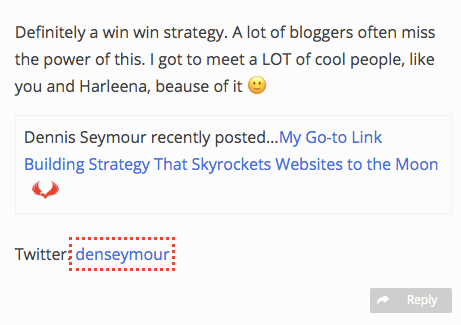Boston: The Emphasis on Quality Backlinks
-

Aaron Gray
-
 April 26 , 2023
April 26 , 2023 -
 4 min read
4 min read
In February 2003, Google rolled out its first official algorithm update named Boston. It’s called as such since it was announced at the “Search Engine Strategies” or SES conference in the city. Before this significant change, though, there was a significant reorganization of the system in September 2002.
This update appeared to have foreshadowed the upcoming influx of changes that the team was planning. It has been deemed as the “1st Documented Update” with some commentators insisting that this was the beginning of search engine optimization or SEO.
What’s It For
With Google Toolbar and PageRank, which is the search engine’s method of measuring the importance of web pages through counting the number and quality of links to a page, the additional changes through the first documented update and Boston proved that the team was focused on the quality of websites on the search engine results pages or SERPs.

What Were Its Effects
A significant consequence of the Boston update was the Google Dance. It referred to a period when the team would implement a major index update, which happened about ten times per year or every 36 days in the early days of the search engine.
Noticeable changes in the search results and the improvement of Google’s cache of all indexed pages characterized it. Sometimes, the data refresh was accompanied by algorithm changes which kept webmasters and SEO specialists on their toes particularly because their websites may be affected with a significant loss in rankings.
What It Means For You
While the Google Dance’s last hurrah was in August 2003, you can still expect slight changes weekly which consist mostly of minor algorithm and index updates. You should always keep tabs on the search engine’s movement. Nonetheless, the modifications are less dramatic now; with the system being more stable now than when it was starting out from scratch.

Moreover, link building has continued to be a crucial part of SEO. It’s the practice of getting inbound links or backlinks from reputable websites. Google sees this citation as a vote of confidence in your content and the credibility of your information; thus, you get higher rankings since you’re a source of valuable data for a particular topic
These are the reasons why high-quality link building is essential for your site:
- Establishing Your Authority
As mentioned above, having several links refer to your website will cause the search engine to see your domain as a trustworthy source of information for relevant keywords. Plus, being able to support your claims with well-researched facts will show readers that you’re an expert on the subject matter you’re talking about. - Forming Valuable Partnerships
Link building involves contacting other website owners who have established their authority in a particular niche and gained a substantial subscriber count. While your primary objective will be to have your link posted on their content, this process can also pave the way for you to build significant relationships with them and foster valuable partnerships. Being associated with credible personalities who can serve as advocates for your business can influence how your target audience perceives your brand as well. - Boosting Brand Awareness
Since you’ll be reaching out to blogs that already have loyal readers, having your links in their content, especially with the right anchor text, increases the chance that they’ll be interested in learning more about your products and services. Thus, link building is an effective way to introduce your business to a new set of prospects that have high chances of becoming paying customers because of the websites they’re following.
Meanwhile, here are the ways you can gain referral traffic or the number of visitors who land on your website from another domain:
- Guest Blog – You can start by searching for relevant sites in your industry that aren’t your direct competitors and ask if you can publish content containing your link with them. Follow their guest posting guidelines and provide valuable information to their readers.


- Local Partners– Aside from digital interactions, you can also create partnerships with businesses in your area or speak at local events that are relevant to your niche. With this, you can reach out to their customers or participants and entice them to subscribe to your social media accounts where you can promote your links.


